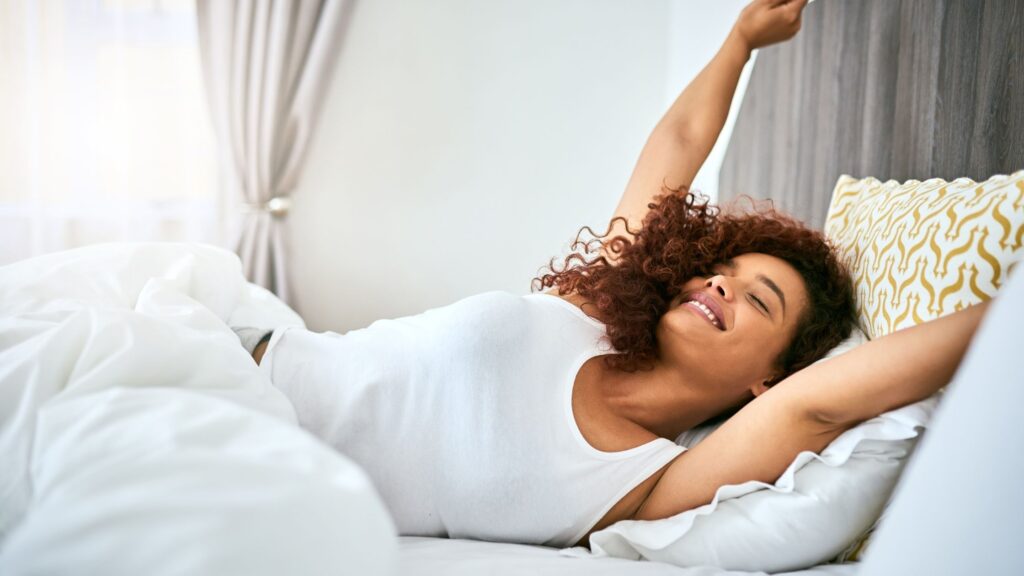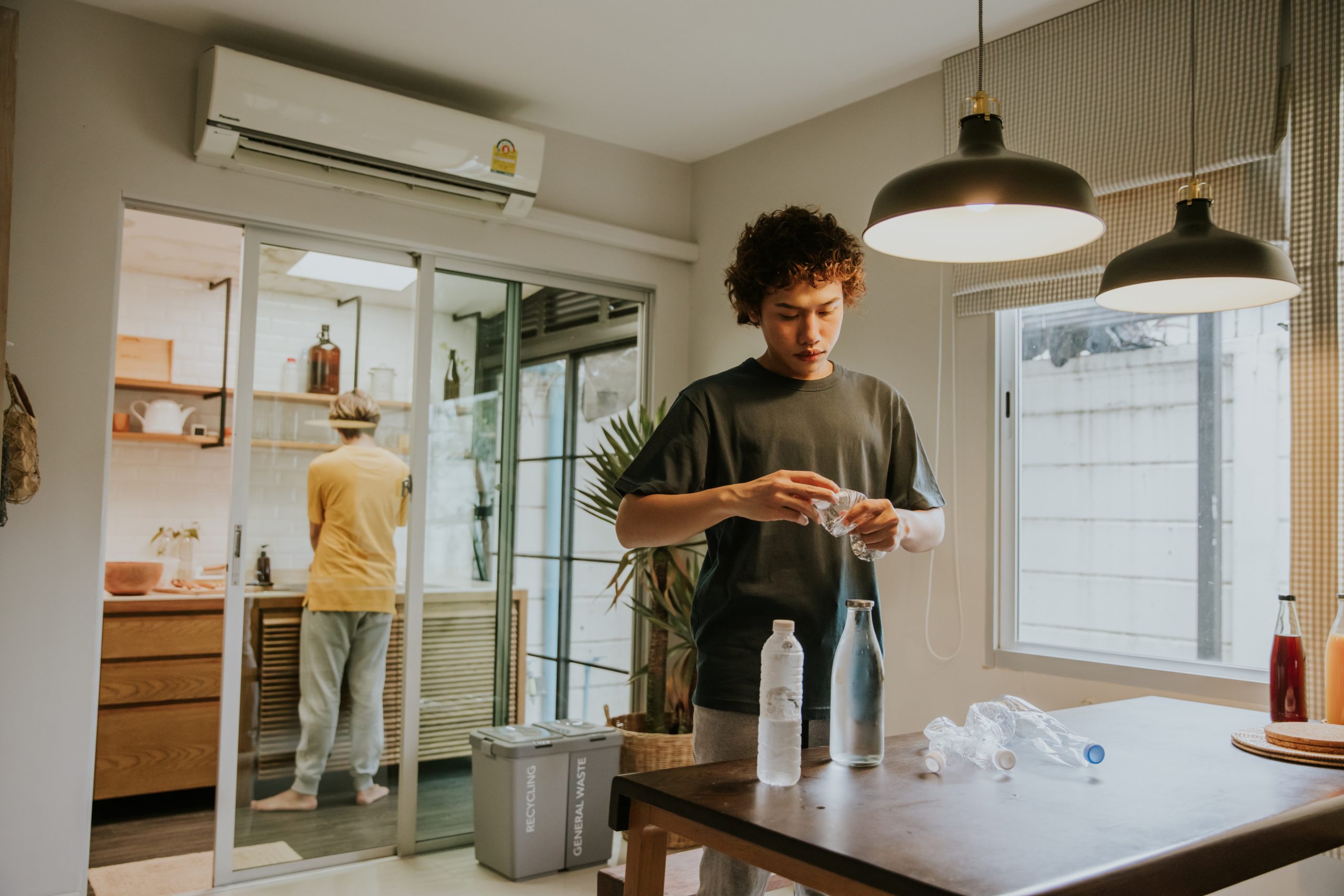Do these words sound familiar?
“Last night was rough”, “ I just couldn’t fall asleep”, “I just couldn’t shut my mind off!”
We have all said this more than a few times in our lives….maybe even this week….or last night. A good night’s sleep is critical for our health and wellness. Quality sleep boosts our immune systems, helps prevent weight gain, strengthens our hearts, and puts us in a better mood!
The National Sleep Foundation states that a healthy amount of time to fall asleep typically ranges from 10 to 20 minutes from the time you get into bed. Here are eight things you should do, or don’t do, before getting into bed.
Schedule Time to Unwind Before Getting Into Bed
Take time to unwind–by employing practices like mindful meditation, playing some soft soothing music, taking a relaxing bubble bath, or reading a novel–you train your body to enter a relaxed state
Give Your Screens a Break at Least 1 Hour Before Bed
Give your phone, tablet, or TV a break, and give yourself some time to wind down before bed. By tuning out earlier, you can make sure your circadian rhythm isn’t disrupted by your screen’s blue light.
Stick to Your (Reasonable) Bedtime, Even on Weekends
Improving sleep starts with consistency. Go to bed and get up at the same time every day. Stick to it, even on weekends. A consistent schedule will help you maintain your natural circadian rhythm.
Find Your Ideal Room Temperature
As a rule of thumb, sleep psychologist Michelle Drerup, PsyD, says to keep your bedroom at 60 to 67° F (15 to 19° C) when you go to sleep and to think of your bedroom as your ‘cave.’ “It should be cool, dark, and quiet to enhance your sleep
Save Your Large Meals & Heavy Workouts for the Daytime
An elevated metabolism or heart rate can disrupt your sleep, so it’s best to avoid exercise and heavy meals in the 3 hours prior to your ideal bedtime.
Reduce caffeine, nicotine, and alcohol intake
The effect of a late afternoon coffee can last much longer than you think. Caffeine raises your heart rate making it more difficult to fall asleep. It can also disrupt a key signal in your brain, adenosine, that helps your body regulate your internal clocks. Caffeine effects on sleep taken 0, 3, or 6 hours before going to bed
”While it’s true that alcohol is a sedative, both having it in your system, as well as the process of it wearing off, can cause a variety of different problems,” says neurologist and sleep expert Jessica Vensel Rundo, MD. “You’re likely to experience fragmented sleep, insomnia, or possibly more serious sleep issues.
Don’t Exercise Late, Exercise Regularly
Stay active daily. Go for a run or just a casual walk around the block. As little as thirty minutes of activity a day can set you up for a good night’s sleep. Based on available studies, “We have solid evidence that exercise does, in fact, help you fall asleep more quickly and improves sleep quality,” says Charlene Gamaldo, M.D., medical director of Johns Hopkins Center for Sleep at Howard County General Hospital.
Reserve Your Bedroom for Rest & Recovery
If you can, creating separation in your home or apartment can really make a difference. Taking the TV out of the room, leaving your phone charger on the kitchen counter, or making sure your work-from-home setup isn’t next to your bed can help you create an environment reserved only for sleeping.
Pleasant Dreams




